Gallery
Photos from events, contest for the best costume, videos from master classes.
 | 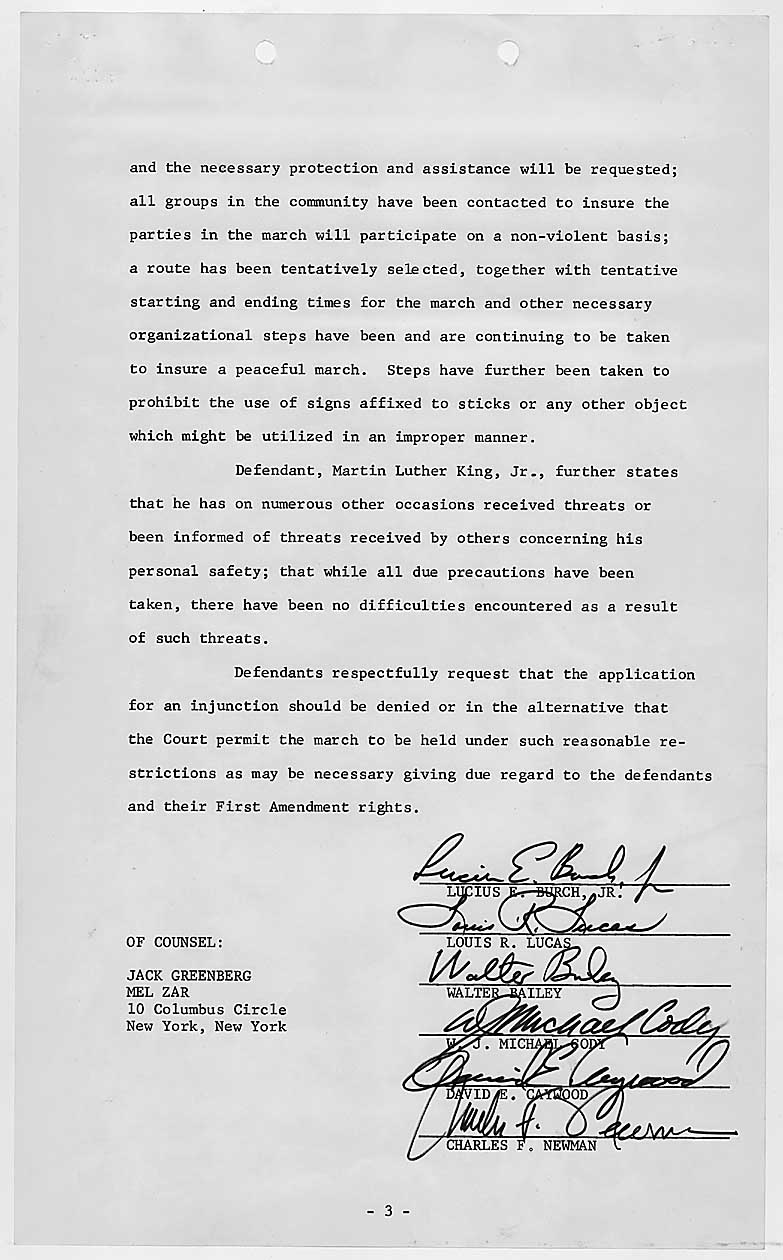 |
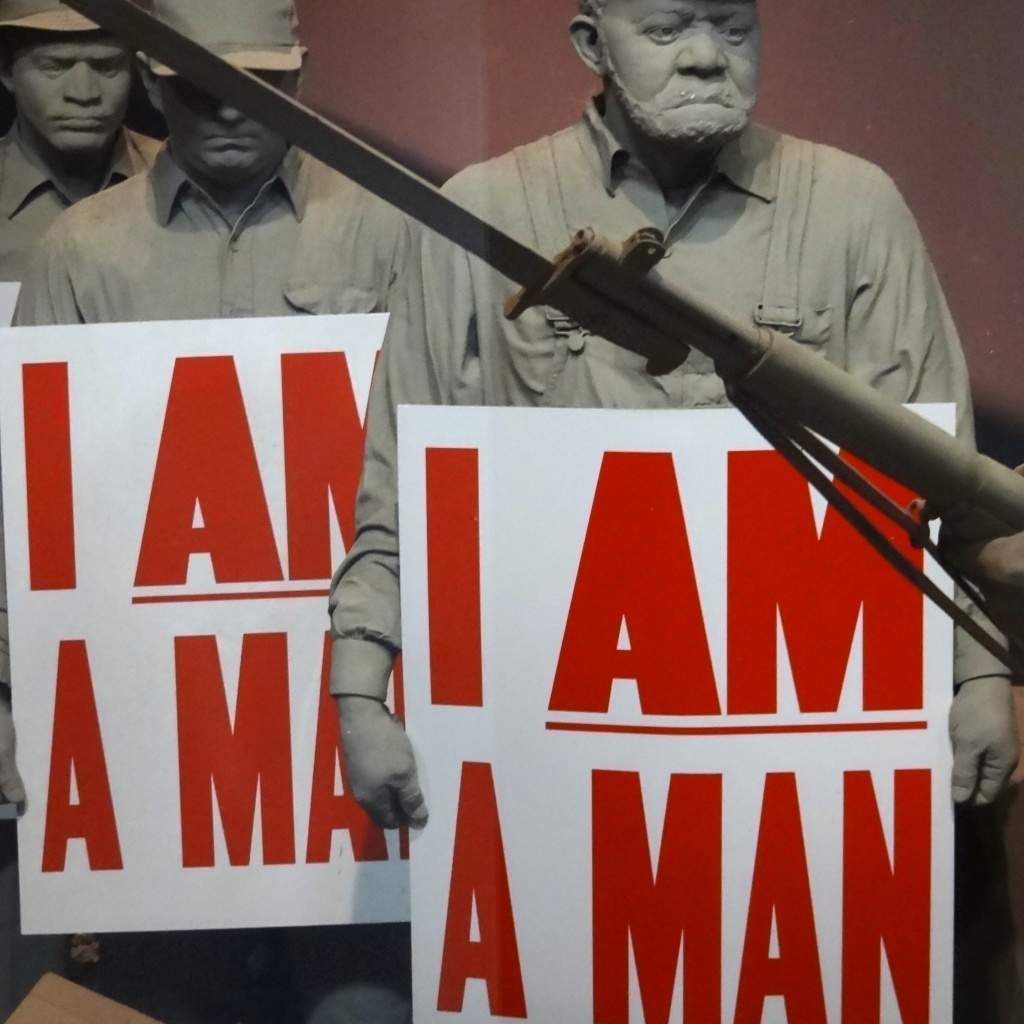 | 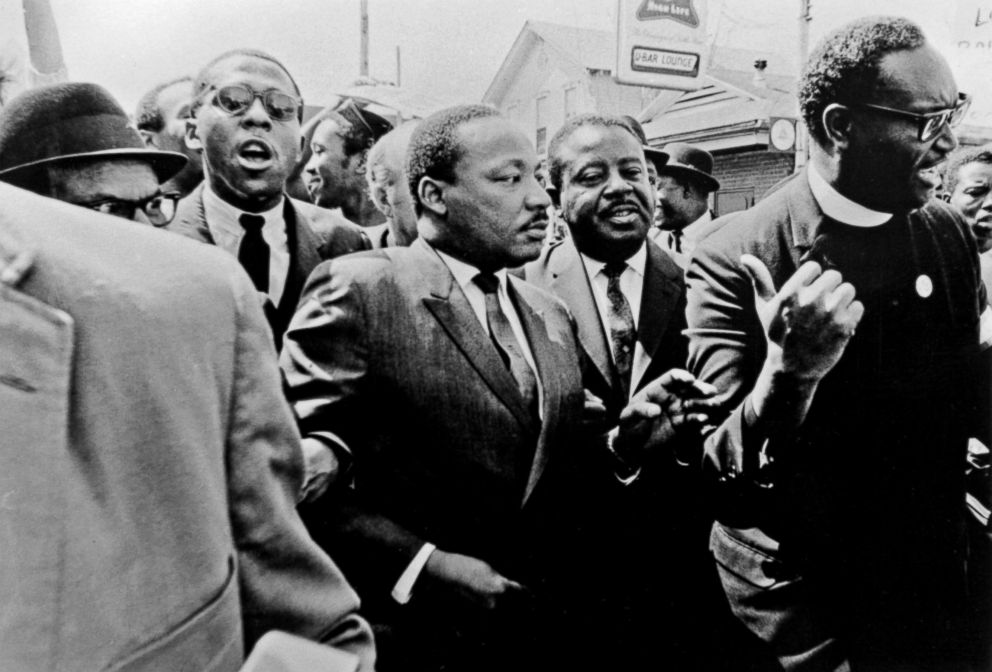 |
 | 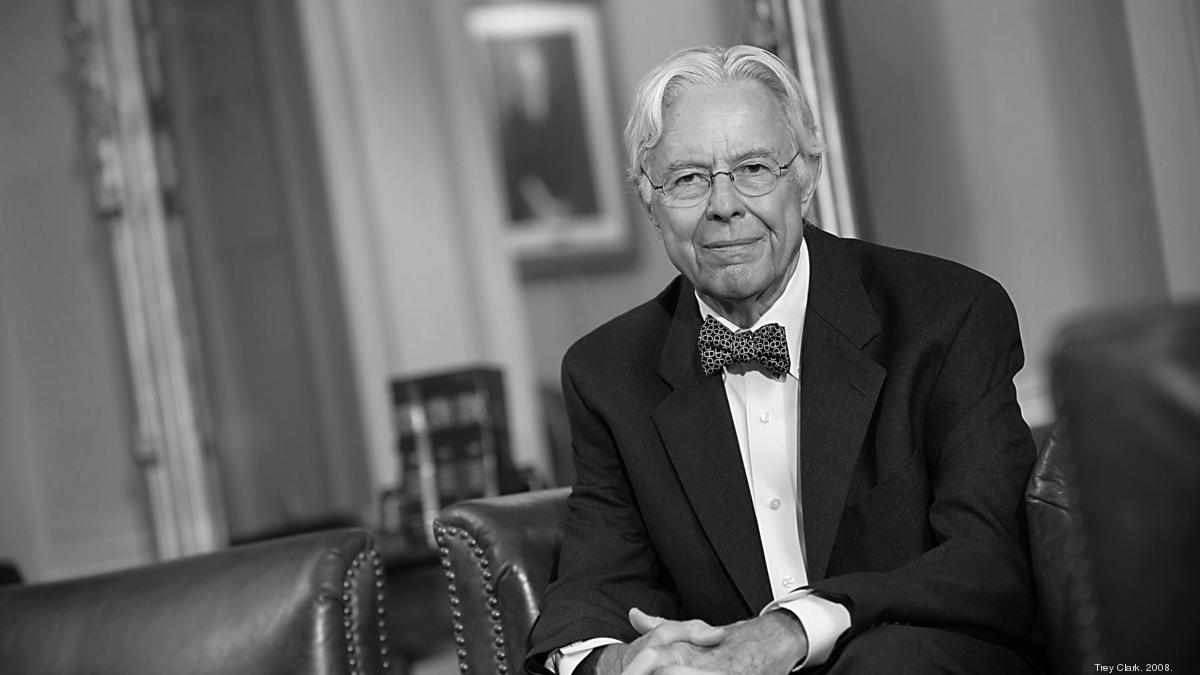 |
 | 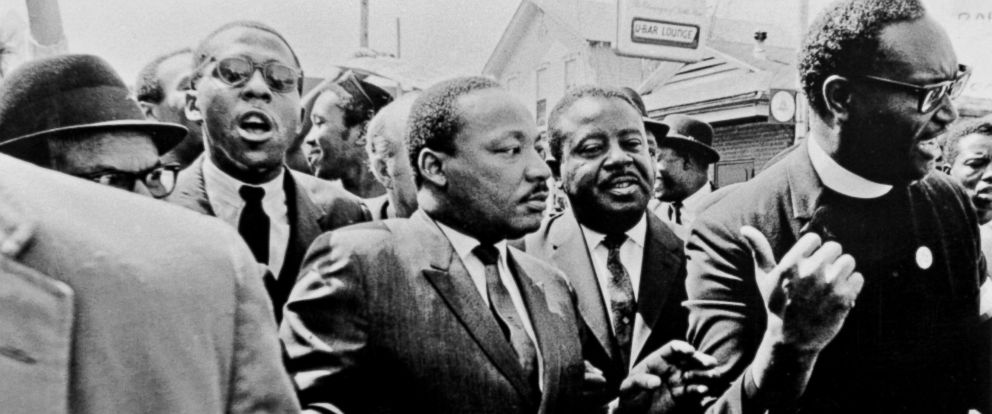 |
 |  |
 | 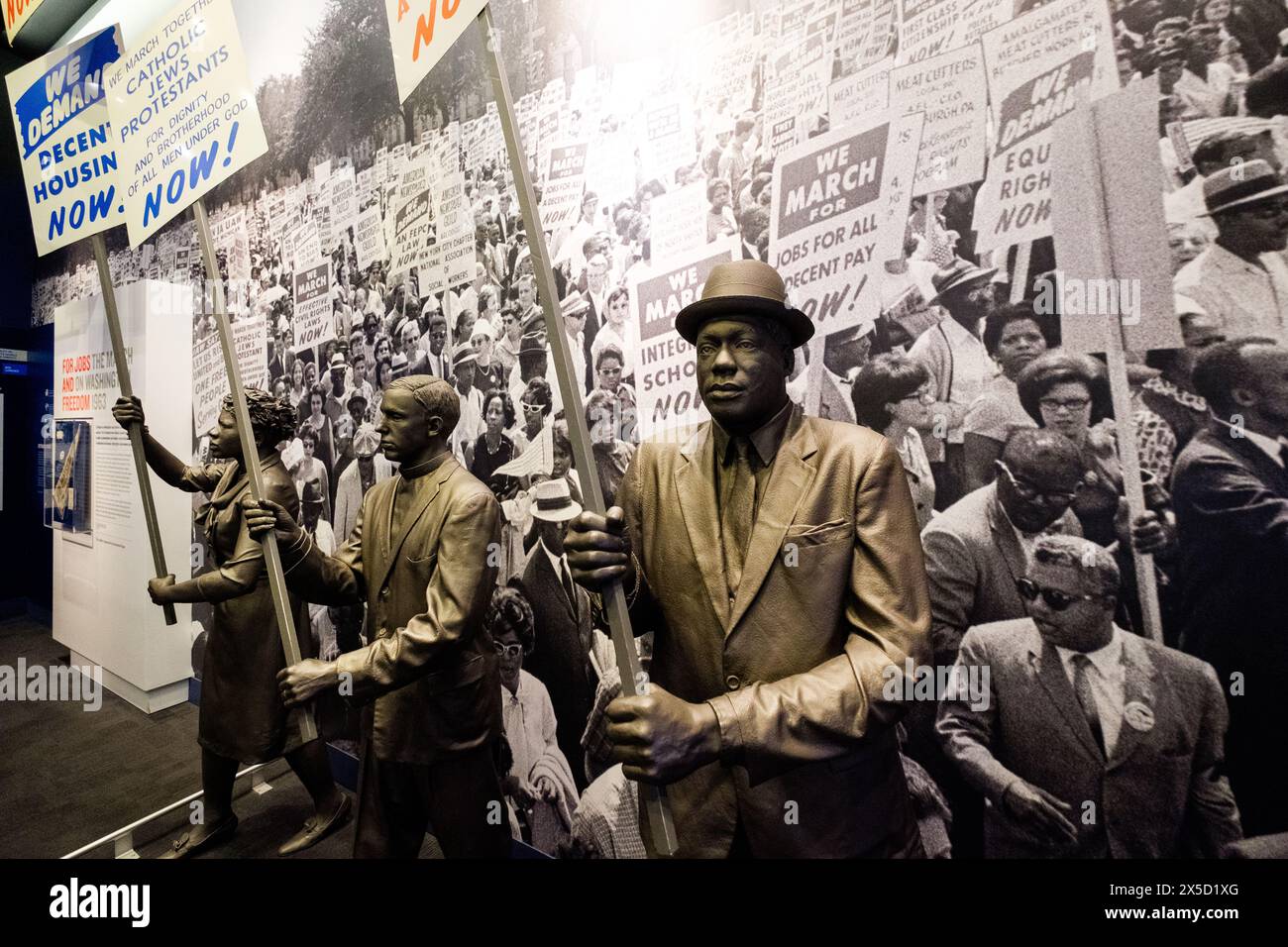 |
In a speech to a 25,000-person crowd in Memphis on March 18, 1968, King affirmed the value of the sanitation workers’ labor, saying, “Whenever you are engaged in work that serves humanity The night before his assassination in April 1968, Martin Luther King told a group of striking sanitation workers in Memphis, Tennessee: “We’ve got to give ourselves to this struggle until the end. Nothing would be more tragic than to stop at this point in Memphis. Dr. King delivered this speech in support of the striking sanitation workers at Mason Temple in Memphis on April 3, 1968 — the day before he was assassinated. Martin Luther King's final speech in Memphis given the night before he was murdered (the 'I've been to the mountaintop' speech) is well remembered, but King' “We’ve got some difficult days ahead,” Martin Luther King, Jr., told an overflowing crowd in Memphis, Tennessee, on 3 April 1968, where the city’s sanitation workers were striking. “But it really doesn’t matter with me now, because I’ve been to the mountaintop The Civil Rights leader, Dr. Martin Luther King Jr., went to Memphis to support the sanitation workers. He marched with them and made speeches. During the marches, many workers wore signs that read “I Am A Man.” This showed that they were fighting for equality, dignity, and respect. Just two weeks before he was assassinated, King spoke in support of the Memphis sanitation workers’ strike at a packed mass meeting of the American Federation of State, County, and Municipal Employees held at the Bishop Charles Mason Temple in Memphis, Tennessee. Lucy narrates the events of the 1968 sanitation workers strike in Memphis, discusses the involvement of Dr. Martin Luther King, Jr., and describes the union's strategies. Lucy also discusses his involvement in the Coalition of Black Trade Unionists and the Free South Africa Movement." more In Memphis, Martin Luther King Jr. delivered his last speech, supporting more than 1,300 sanitation workers striking to protest their poor working conditions and wages. More than 2,000 came to hear him speak. Fifty years ago—on March 18, 1968—Martin Luther King, Jr. delivered his speech “All Labor Has Dignity” at Bishop Charles Mason Temple of the Church of God in Christ in Memphis, Tennessee. The church was overflowing with sanitation workers on strike and their supporters. The Memphis sanitation workers’ strike was a 64-day labor conflict in the winter and spring of 1968 that brought the Rev. Martin Luther King, Jr., to Memphis, Tennessee. At the height of the conflict, King led thousands of Black protesters and supporters on a march down Beale Street in downtown Memphis. King was assassinated in Memphis on April 4, and the strike ended 12 days later, with the On April 3, 1968, Dr. Martin Luther King Jr. traveled to Memphis to support AFSCME sanitation workers. That evening, he delivered his famous “I’ve Been to the Mountaintop” speech to a packed room of supporters. Martin Luther King was a powerful advocate for unions and workers rights. See his last speech to striking sanitation workers and read what he had to say about workers' rights. Martin Luther King's Speech to Striking Memphis Sanitation Workers. On April 3, 1968, Martin Luther King gave his last speech to support sanitation workers on strike for Background The name of Martin Luther King, Jr., is intertwined with the history of the civil rights movement of the 1950s and 1960s in the United States. The Montgomery bus boycott, the freedom rides, the Birmingham campaign, the March on Washington, the Selma march, the Chicago campaign, and the Memphis boycott are some of the more noteworthy battlefields where King and his followers A sanitation workers strike in Memphis, Tenn., would end up being King's last cause. As the nation marks 50 years since the civil rights leader was assassinated, we look back at King's final speech. King gave the speech Oct. 2, 1957, at a conference of the United Packinghouse Workers of America. The union had a substantial membership of Black workers, who dominated the meatpacking plants in the Midwest. It also had rural white workers as members and sought to end racial discrimination in meatpacking plants. On 1 February 1968, two Memphis garbage collectors, Echol Cole and Robert Walker, were crushed to death by a malfunctioning truck. Eleven days later, frustra Retired Memphis sanitation worker Taylor Rogers (right) and his wife Bessie were both at the Mason Temple when the Rev. Martin Luther King Jr. gave his final public speech, April 3, 1968. Dr. Martin Luther King, Jr. Went to Memphis in Support of Black Sanitation Workers. In 1968, Dr. Martin Luther King, Jr. went to Memphis to support black garbage workers who were on strike to protest unsafe conditions, abusive white supervisors, and low wages. Note: On March 18, 1968, Dr. Martin Luther King, Jr. first addressed the striking Memphis sanitation workers and their supporters. With no text beyond a few words sketched on paper, King pinpointed the issue in Memphis that affected workers everywhere, particularly those in the service economy and in municipal jobs.
Articles and news, personal stories, interviews with experts.
Photos from events, contest for the best costume, videos from master classes.
 |  |
 |  |
 |  |
 |  |
 |  |
 |  |